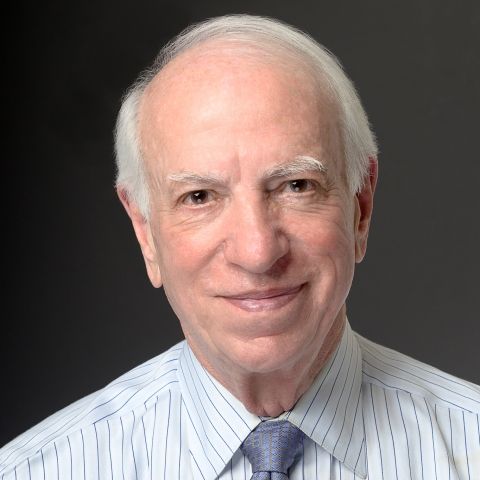
Discouraging Unhealthy Personal Choices: Reflections on New Directions in Substance Abuse Policy
This article depicts the incoherence of present drug, alcohol and tobacco policies and describes the emergency of a “new paternalism” which, if implemented, would push alcohol and tobacco policies toward the preventive public health and welfare model which now dominates thinking about drug abuse policy. Then drawing on the normative perspectives of law and political philosophy, the author suggests that governmental efforts to modify unhealthy personal choices can be justified and that a compelling logical case against the new paternalism will not be found in the libertarian tracts of liberal political philosophers or of the modern Supreme Court. Instead, the author contends that the case for or against restrictive policies aiming to reduce overall consumption of alcohol and tobacco and other unhealthy behaviors, will be made on the facts—how much impact, if any, will they have on consumer behavior and, ultimately, on health care and social service costs? In this connection, the author canvasses the various ways in which formal governmental action, through law, can be utilized to implement a lifestyle-modification policy. Finally, the author raises a series of residual doubts about the new paternalism; even if lifestyle-modification is a legitimate and defensible approach for improving the health of the citizenry and for reducing health care costs, it may also be a prescription for oppression.